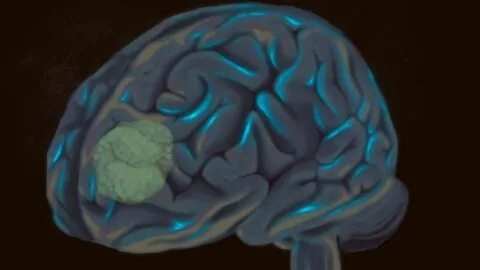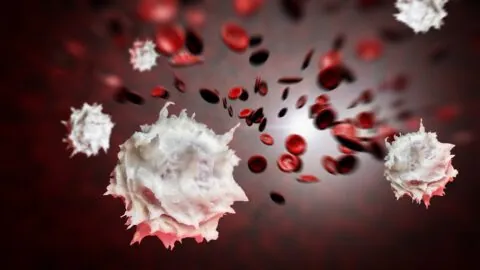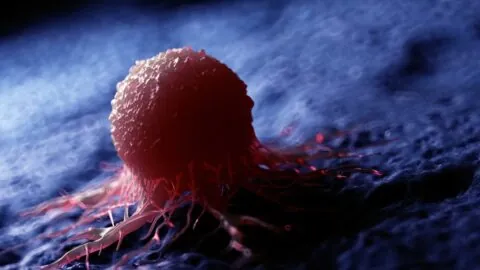February 16, 2024
Scientists have discovered a small molecule that effectively kills glioblastoma, a highly aggressive and untreatable brain cancer, in cellular cultures [1]. When acidic means deadly Despite scientists’ best efforts, some types of cancer remain almost as deadly as ever. This includes the dreaded glioblastoma, a type of brain cancer that is especially aggressive and resistant...
February 13, 2024
Scientists have found that giving CAR T cells a particular oncogenic mutation greatly improves their efficiency against blood and solid cancers [1]. Less than cancer One reason why cancer is so dangerous is that oncogenic mutations boost cancer cells’ survivability, just like a genetically modified monster in a sci-fi movie. When T cells go haywire...
February 06, 2024
Scientists have discovered a mechanism that lets senescent tumor cells undermine chemotherapy. With this mechanism blocked, standard chemotherapy led to complete regression of mammary tumors in mice [1]. Senescent yet still dangerous Chemotherapy and radiation therapy, still the two most common treatments for solid tumors, subject cells to powerful stress as they are designed to...
January 31, 2024
In a recent study published in Aging Cell, researchers found similarities between glioblastoma and Alzheimer’s disease patients in their gene expression and protein profiles [1]. Brain tumors and neurocognitive dysfunction The majority of patients with brain tumors develop irreversible, progressive neurocognitive dysfunction, sometimes long after their treatment [2-4]. It reduces their quality of life and,...
January 17, 2024
Scientists have created improved CAR T cells that also express the cytokine IL-10. The new cells proved highly effective in mice and in a pilot human trial [1]. The promise and the limitations Chimeric antigen receptor (CAR) T cells are among the most promising treatments in oncology. To create them, immune T cells are genetically...
November 22, 2023
A new study published in Aging Cell applied an artificial intelligence target discovery platform to aid in identifying potential dual-purpose targets for anti-aging and anti-cancer treatments [1]. Killing two birds with one stone Aging, as is the case with many diseases, is a risk factor for cancer, and the processes behind aging and cancer are...






